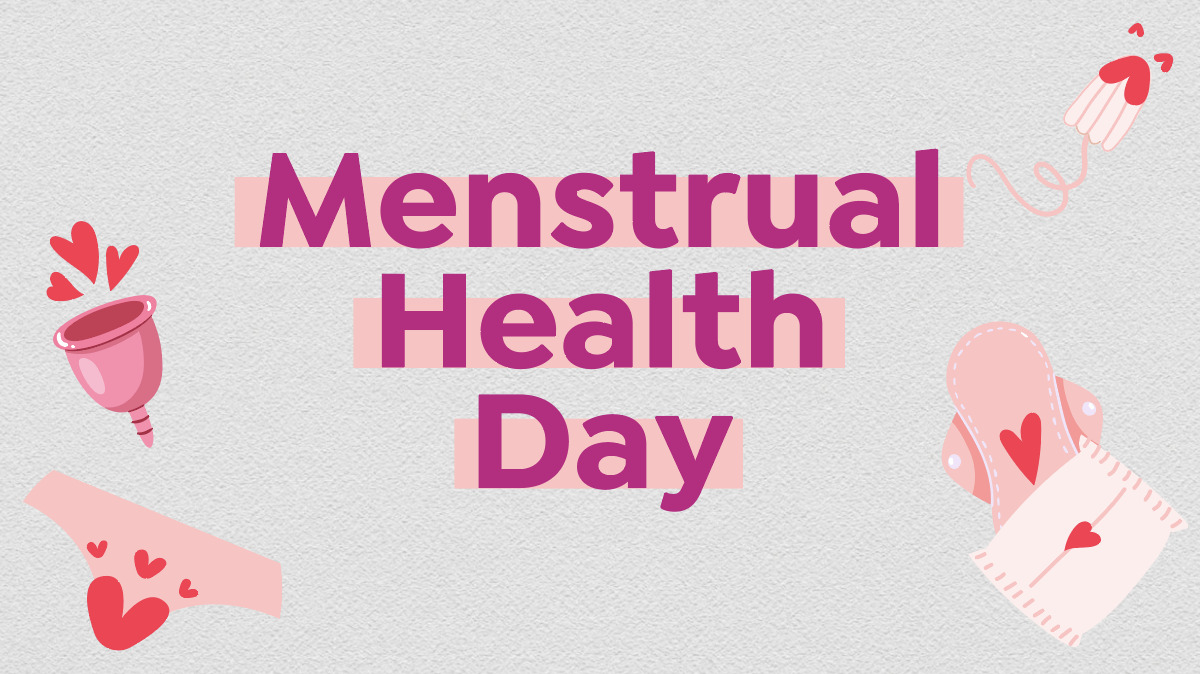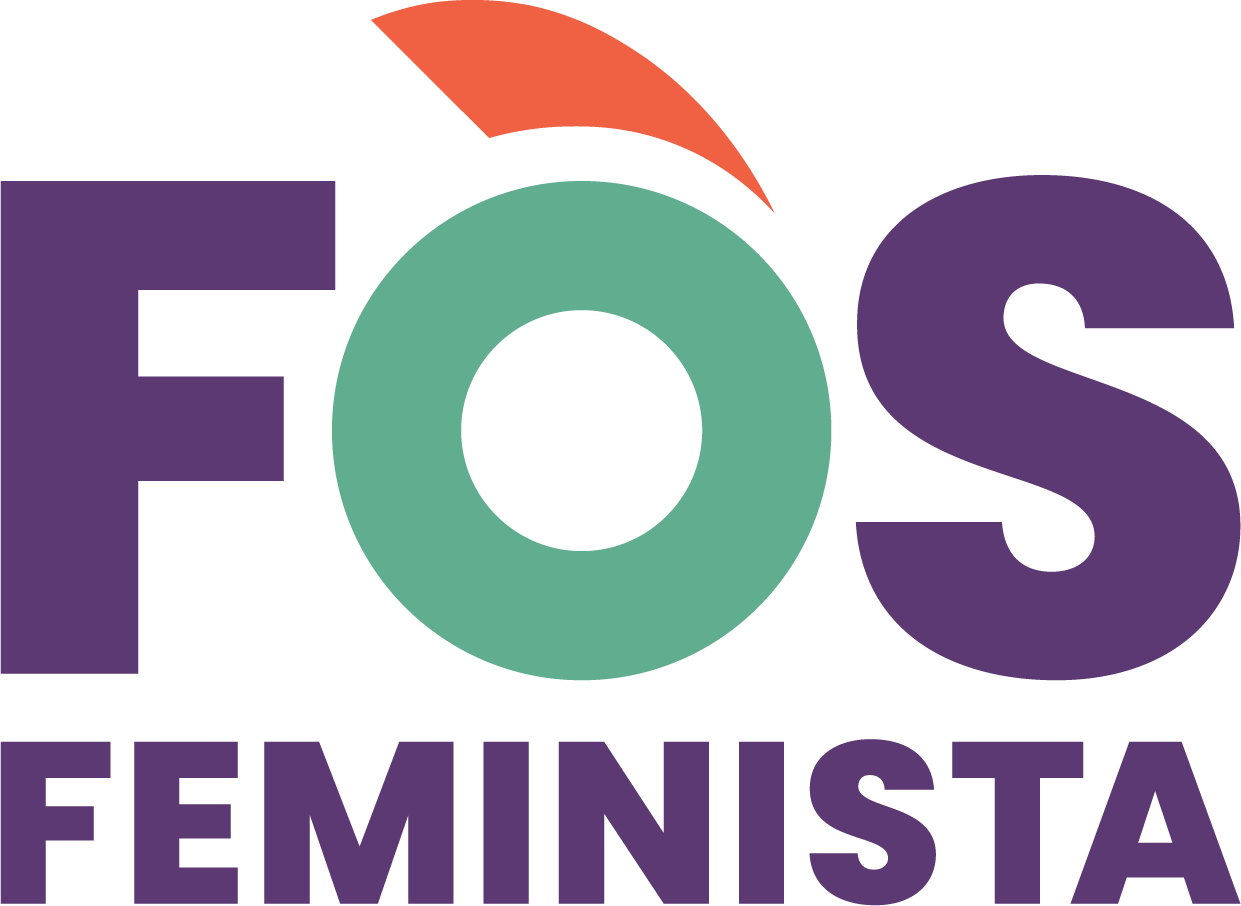
Menstrual Health Disparities and Discrimination Persist Worldwide, Hindering Equality and Empowerment.
On Menstrual Health Day, we’re spotlighting a pressing global issue: millions of women, girls, and gender-diverse people not only lack basic information and access to menstrual health products and facilities, but face discrimination and exclusion at school, work, and other public spaces due to misconceptions about menstruation.
Menstruation is a natural, healthy, and necessary part of life for most women, girls, and gender-diverse people. But cultural taboos and discrimination still pose barriers and conservative, patriarchal culture and beliefs continue to cast menstruation is as ‘unclean.’
In South Asia, most girls report being unaware of menstruation before they experienced their first period. And countless girls in India abandon their education when they begin menstruating due to societal stigma and the unavailability of basic hygiene products that would enable them to attend school with confidence (1).
Meanwhile, in Africa, one in ten girls miss school due to the unavailability of menstrual products, inadequate toilets, and lack of running water at schools (2). Tragically, some are forced to drop out of school altogether.
The lack of information about menstruation perpetuates unhygienic practices. A study in Kenya revealed, for instance, that many schoolgirls have never used sanitary pads and instead use alternatives such as rags, blankets, pieces of mattress, tissue paper and cotton wool (3).
The culture of silence and stigma surrounding menstruation fosters misconceptions—and negative attitudes. This, in turn, leads to shaming, bullying, and even gender-based violence.
In Kenya, KMET, one of Fòs Feminista partners, is spearheading an initiative to break the silence surrounding menstruation. Through their social enterprise, the Center for Maternal Health Innovation (CMHI), they are championing improved hygiene practices in underserved communities. This dynamic organization goes beyond conventional approaches, reaching community members for instance by reusable sanitary towels, lovingly crafted by skilled teenage mothers who have completed KMET’s transformative vocational training program. With a twofold mission, the center aims not only to equip young girls and women with invaluable skills but also to cultivate a positive mindset and foster behavioral changes that empower them on their journey to a healthier, more fulfilling life.
As part of her participation in the vocational training program offered by KMET, Wanjiku Mwangi learned to create reusable sanitary towels. Through her involvement, she not only gains access to essential hygiene products but also becomes a catalyst for change in her community. As a teenage mother, her personal journey adds a unique perspective, inspiring others and highlighting the importance of empowerment and support for young people.
“CMHI and the vocational training program have been life-changing for me. I have found a sense of empowerment and purpose. Through the opportunity to create reusable sanitary towels, I not only contribute to improving menstrual hygiene in my community but also earn a sustainable income for myself and my child. This program has given me hope and the belief that I can create a better future for us. I am grateful for the support and the chance to be part of a positive change in the lives of young girls and women like me.”
Aahung, a Fòs Feminista partner in Pakistan, is destigmatizing menstruation through their Life Skills-Based Education curriculum in schools and by creating safe spaces for open dialogue about periods within communities. The program primarily operates through schools within which administrative decision makers, teachers, and the school community, including parents, are sensitized so that they can support the development of young people effectively.
Aisha Khan is a 28-year-old female teacher from Pakistan, trained in LSBE by Aahung. Currently, she works as an instructor at one of the partner schools working with the organization, conducting sessions with students using Aahung’s Comprehensive Sexuality Education curriculum. Through this curriculum, she addresses crucial topics like puberty and development –—including menstruation—child early and forced marriage, and gender harassment and violence, which are deeply stigmatized issues and often contribute to educational obstacles, especially for girls.
“Since I began my journey as a teacher, one remarkable moment that stands out in my mind is when a mother expressed her gratitude for my involvement in identifying and addressing the sexual abuse her 9-year-old daughter was enduring from a trusted family member. Today, she finds solace in knowing that the school is equipping children and adolescents with the knowledge and empowerment to understand their bodies, challenge gender norms, and cultivate self-confidence, enabling them to make informed choices for themselves, including taking control over their menstruation.”
Menstrual dignity plays a vital role in the empowerment and well-being of people who menstruate worldwide, it’s an inclusive approach to menstrual health that addresses the root causes of inequality, encompasses more than just access to sanitary pads and proper toilets, although those are crucial elements. It is about creating an environment where women, girls and gender-diverse people are valued and supported in managing their menstruation with dignity, where they actively participate in menstruation policies and where they are recognized another cultural knowledge.
On Menstrual Hygiene Day, let us join hands to raise awareness, foster understanding, and take action. Together, we can ensure that every woman, girl and gender-diverse person can manage their menstrual health with dignity and not with shame.
References
- Bhagya, K., Reddy, B. S., & Prakash, K. (2020). “Intersectionality: Lived Experiences of Lesbian Women in India.” Journal of Gay & Lesbian Social Services, 32(3), 355-377
- Procter & Gamble. “Menstrual Health Landscape: Kenya.” Accessed May 25, 2023
- UNESCO. “Worldwide trends in sexual orientation laws: resistance and recognition.” Accessed May 25, 2023






